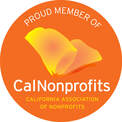|
EHP, a recipient of the 2023 Palo Alto Weekly Holiday Fund, was awarded $10,000 to purchase hams for our Holiday Food boxes. In total, over 650 hams were distributed during the week before Christmas to our families in need. Many thanks to the Palo Alto Weekly News and Online for bringing the gift of food to our neighbors in need this holiday season! If you'd like to view pictures and the story in its entirety, please go to: www.paloaltoonline.com/news/2023/12/17/holiday-fund-a-winter-feast-for-families-in-need?utm_source=express-2023-12-
Holiday Fund: A winter feast for families in needEcumenical Hunger Program brings holiday cheer to low-income households in the neighborhood through its food boxesFacebookTwitterEmailPrintShareby Ashwini Gangal / Contributor Leonora Martinez, 51, calls herself “blessed” despite the misfortune that has riddled her life in recent years. Born and raised in East Palo Alto, where she currently resides, Martinez lost her father in 2014. Two years later, she lost her husband. A year later, her teenage son Austin was involved in a biking accident that robbed him of his speech and movement. The following year, her mother was diagnosed with ovarian cancer and a year later, her 25-year-old daughter died by suicide. After that, the pandemic hit. “When I say life has been crazy, it has been crazy,” Martinez said. “Every year, it’s been one big ordeal after another.” Even so, the word "blessed" came up over four times during a 40-minute Zoom call with this publication. Martinez lives with three of her five children, a daughter-in-law and three grandchildren, two of whom are the kids of her late daughter. “I’m raising them,” she said. “I have pieces of her. That keeps me afloat.” Also keeping her afloat is the timely support of the Ecumenical Hunger Program (EHP), an East Palo Alto-based nonprofit that received a $10,000 grant from Palo Alto Weekly’s 2023 Holiday Fund. The nonprofit was founded back in 1975. Today, its primary service area includes East Palo Alto, Menlo Park and Palo Alto. Sometimes its programs extend to Redwood City and Mountain View. “If it wasn’t for the community of EHP, the community of my church, the community of my kids’ after-school program, there’s no way I could have handled it,” she said. “I would not have been able to make it without pivotal people helping me.” Help from EHP comes primarily in the form of food boxes that contain items like beans, rice, meat eggs, milk and canned vegetables, among other delights like tea, coffee, crackers and pastries. These boxes enable low-income families on a tight budget to prepare decent, wholesome meals, like shepherd’s pie, for instance. “You can use those types of things to get your belly full and get as many meals out of it as possible,” Martinez said. “They do boxes by family size. Usually, their boxes last for about four days, depending on how you make a meal.” The food boxes are especially helpful during the holidays — on Thanksgiving and Christmas — when groceries cost more than usual. “You don’t want your kids to feel some type of way because they don’t have the type of food that other kids have,” Martinez said. “Turkey and ham — those things are expensive. You’d like to celebrate but if you can’t then you’ll eat chicken and rice and beans … then Christmas is just another day. But to be blessed with it (turkey or ham) is huge. It gives you comfort. It’s very caring.” This year at Thanksgiving, Ecumenical Hunger Program distributed food boxes with turkeys to over 1,050 families. The organization expects to exceed this number at Christmas. Lesia Preston, executive director of the nonprofit, told this publication that the grant will be used to purchase hams for their holiday food boxes — a particular favorite because of its long shelf life. “We purchase hams that do not require cooking (only reheating if desired) which is a boon to families who are unhoused or perhaps living in a place without a kitchen. Because this is an expensive item, hams are usually only distributed at Christmastime, but its versatility and longer refrigerator life ensures our families will have food between Christmas and New Year's when EHP is closed,” Preston said. Martinez’s association with EHP actually began in an entirely different context, many years ago. “I volunteered, way back when I was 16. I loved it; I met the then-executive director, Nevida Butler. She was just an amazing spirit,” she said. Then in her mid-20s, Martinez got back in touch with them. “Life hit hard and I remembered the program and went back.” EHP helps families like hers in ways that go beyond food packages; it provides things like furniture, diapers, wipes, clothing and household essentials as well. It also has support groups for people facing mental health issues. This year, the nonprofit is working to ensure low-income teenagers, a neglected cohort, receive holiday gifts. The program is special to Martinez because of how close she feels to it. The staff and volunteers look at her as family and not as a client, she said. “That’s really the essence of EHP,” she added. “It’s not — ‘Hey you’re just a number, hurry up, come get your box.’ You get — ‘Hey how’re you doing? I see the kids are getting bigger.’” Martinez, a former social worker, is now full-time caregiver to her son Austin, who has been wheelchair-bound since his accident in 2017 and who turns 21 next year. Though his speech has improved over the years and he’s cognitively all right, he is still unable to move. “Nobody wants to feel like they’re getting a hand-out or that I’m ‘lesser than’ because I can’t provide for my family,” Martinez said. “EHP is like a village; they care.”
0 Comments
Leave a Reply. |
EHP HappeningsKeep current by linking with our RSS feed! Categories |
|
EHP is a proud member of the California Association of Nonprofits.
Read about Ecumenical Hunger Program on Charity Navigator, America's largest and most-utilized independent evaluator of charities, and add us to your charities! EHP is a platinum level GuideStar Exchange participant, demonstrating its commitment to transparency. Write a review about us! |
Open Monday-Thursday, 8 AM-6 PM
2411 Pulgas Avenue ~ East Palo Alto, CA ~ 94303 ~ 650.323.7781 ~ [email protected]
2411 Pulgas Avenue ~ East Palo Alto, CA ~ 94303 ~ 650.323.7781 ~ [email protected]
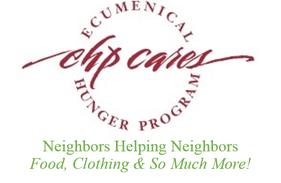


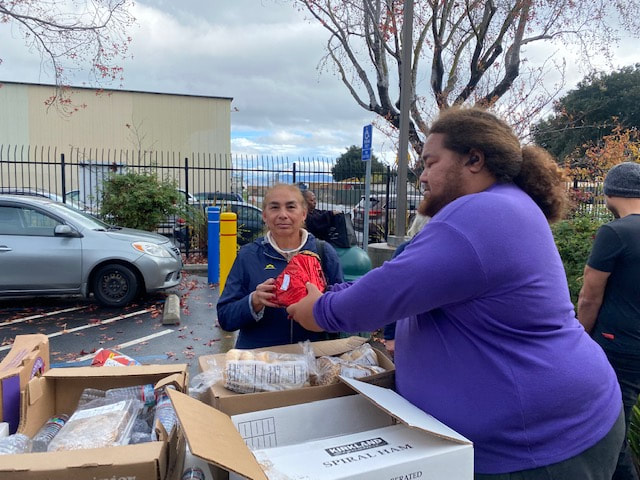
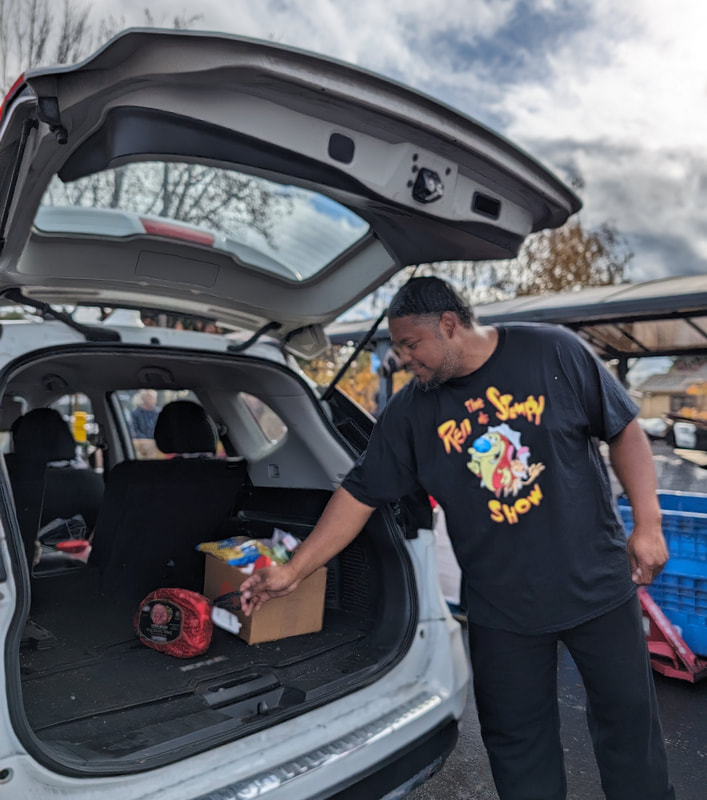
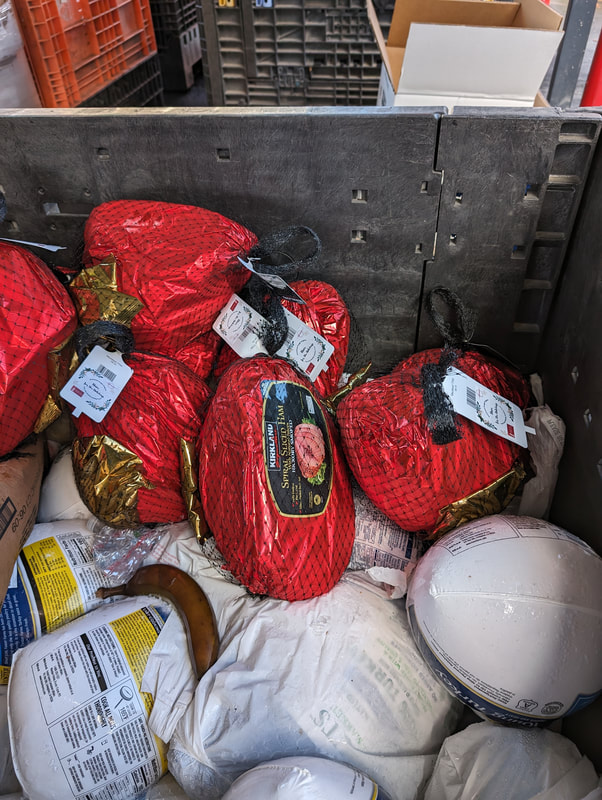
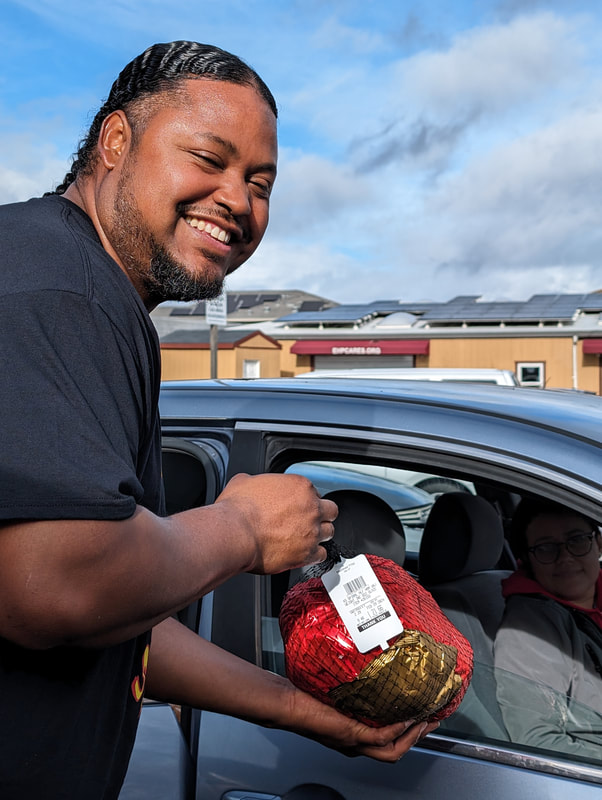
 RSS Feed
RSS Feed
